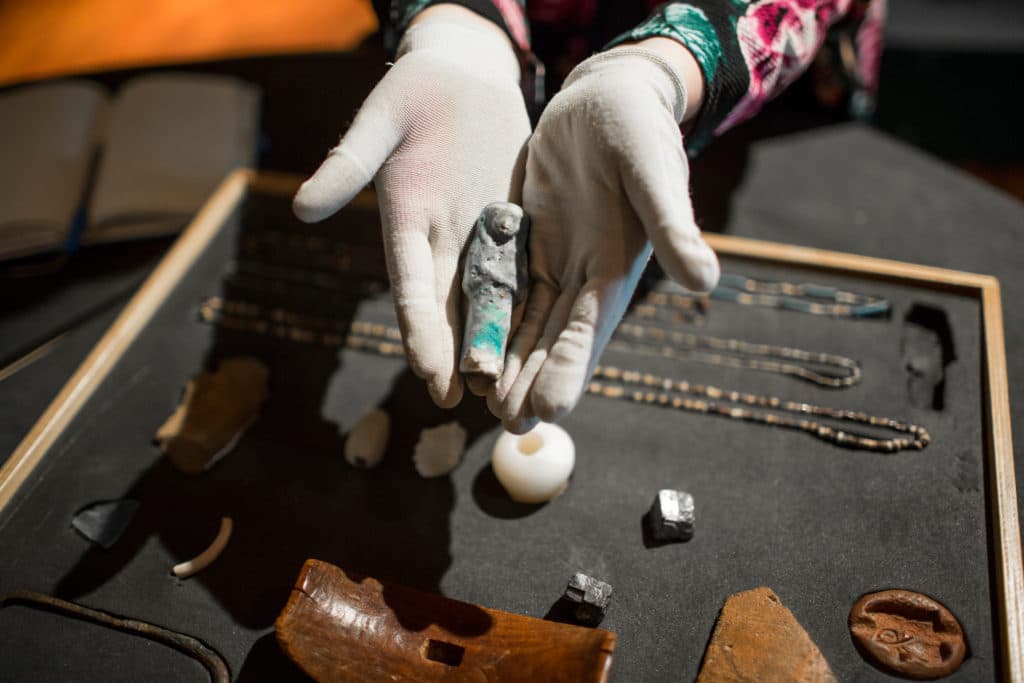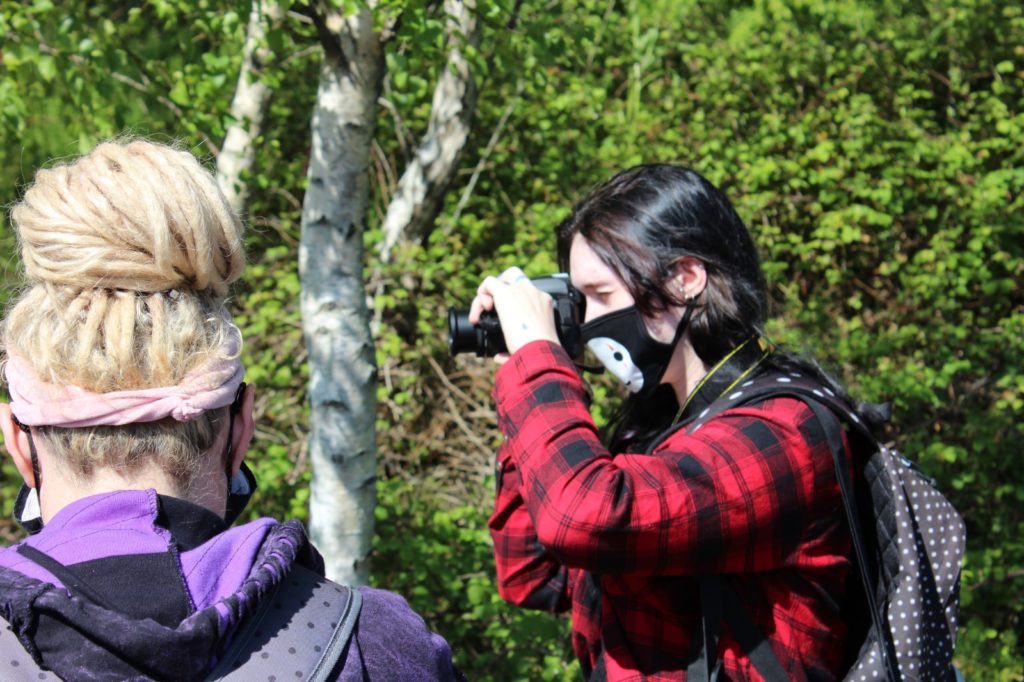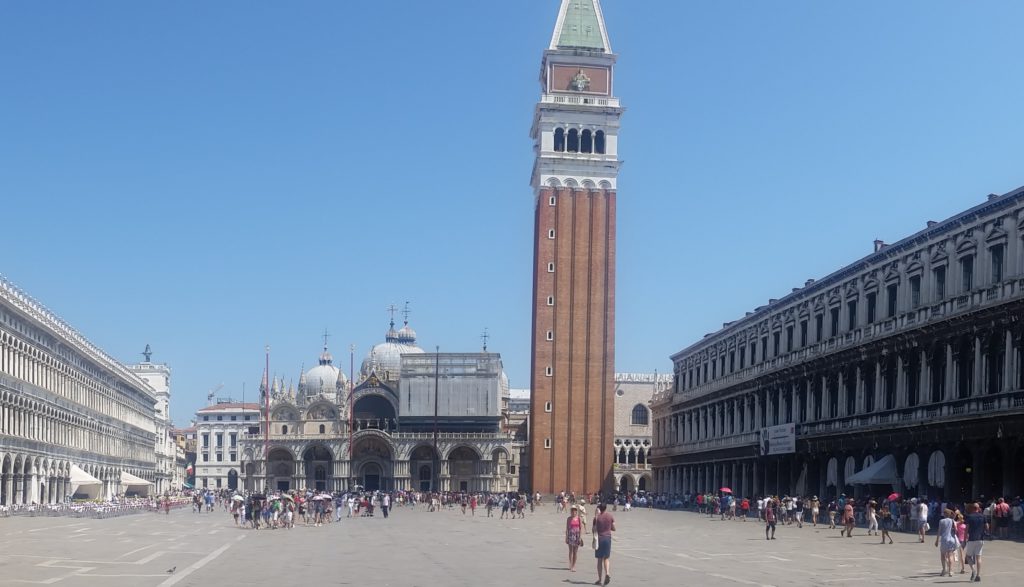About
Home » About
Heritage at Swansea University cuts across History, Heritage and Classics, Geography, Management and Engineering. CHART is a diverse and inter-disciplinary community of scholars whose expertise ranges across material culture, archaeology, public history, archives, international policy, and digital technology. Our research has global reach, spanning Europe, the Middle East, North America, and Asia, but our research is also shaped by the environment and communities in which we are rooted. In a region profoundly affected by industrialisation and deindustrialisation, by political devolution and Welsh cultural identity, our engagement with Welsh heritage and cultural identity is another key strength.
We are fortunate that Swansea University is home to several world-renowned archives, research and teaching collections including the Egypt Centre, the Richard Burton Archives and the South Wales Miners Library. The launch of an MA in Public History and Heritage in 2015 and the establishment of CHART in 2021 further facilitates the growth of close external partnerships and support for those seeking a career in the heritage sector. Swansea University provides a stimulating research environment for scholars at all career stages who can work within the varied landscapes, archives, and museums on our doorstep.
Discover more about our research strengths and our areas of interest.

Industrial heritage
Swansea and its region have a rich industrial heritage and working extensively with partners in the heritage sector and Swansea University has been at the forefront of projects to regenerate former industrial sites in the city since the 1960s and our involvement in the Lower Swansea Valley reclamation project.
Since the Lower Swansea Valley Project, our research on Welsh industry has continued with important projects on Swansea copper, the coalfields collection, disability in the Industrial Revolution and work on Welsh steel communities. Our strengths in industrial heritage also go beyond the local. As a member of the DePOT (Deindustrialization and the Politics of our Time) consortium, we are part of a global network of scholars that use history to address the social, economic, and cultural challenges faced by post-industrial societies.

Museums and archives
Our research and postgraduate training are fostered by access to the rich museum and archive collections held by the university.
The university’s Egypt Centre is an internationally significant collection of Egyptian Antiquities. Founded in 1988, it is one of Swansea’s top visitor destinations and forms a resource for visiting scholars, teachers and students alike.
The Richard Burton Archives is the corporate memory and archive repository of Swansea University and holds material of local, regional and national significance. The archives select, preserve and make accessible to all materials of historical value created or acquired by the University such as the Mumbles Railway, the metallurgical industries, the life of actor Richard Burton, and items relating to former staff and student life.
The South Wales Miners’ Library houses material by the South Wales Coalfield History Project. Established in 1973, the Library preserves the oral, visual and written evidence of coal mining and miners in South Wales including the printed book and pamphlet collections, including the libraries of over 60 institute and welfare halls from across the coalfield, oral history, video, poster, and banner collections.
The History of Computing Collection houses material to do with the history of data and computation and its social and
economic influences. Established in 2007 to rescue an already vanishing history, the Collection preserves computers and communication devices, software, manuals, oral, video histories, and ephemera. The Collection has a library, archive and study centre and is a unique resource among UK universities.

Diverse heritage
CHART works with serious intent to engage with the cultural and societal impacts of heritage and contribute to societal wellbeing. We seek to give diverse communities a clearer sense that their stories are valued and form part of public heritage.
Our work aligns with the civic mission expected of universities by Welsh Government, but our collaborations and partnerships extend beyond government and the private sector to deliver community- and public-focused heritage research including work with grassroots disability advocacy groups, homeless charities, schools and colleges. CHART also provides opportunities for current graduate and postgraduate students to gain professional expertise

Global heritage
CHART includes specialists who work on high-profile international consultancy, collaboration and partnerships in Europe, North America and Asia.
In highlighting the importance of heritage for global cultural identities, they make connections between the heritage protection and management, different international legal and policy guidelines, the challenges and ethics of contested heritage, and diverse stakeholders. This work extends from major collaborative work in ancient heritage that focuses on the protection of heritage in conflict zones, to research on Welsh Memorials to the Great War and a partnership with UNESCO to investigate how heritage practice creates futures in the global heritage community. Back at base, Swansea University’s renowned Egypt Centre provides a hub for research and study on Egyptian antiquities within the broad context of object-centred learning.